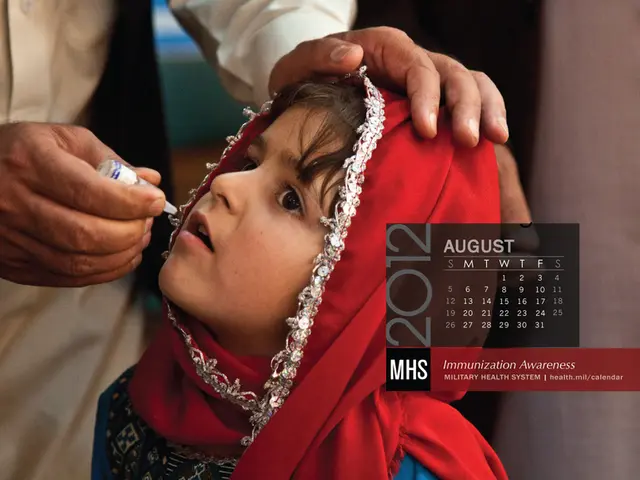Mourning the Demise of a Mother: Suggested Strategies for Daughters to Cope Effectively
Losing a mother is a profound and life-changing event that can have significant emotional and psychological impacts on young adults. According to a 2021 study, parental loss is linked with depression and a compromised sense of self in this age group.
The effects of this loss are not just limited to immediate emotions. A 2015 study found that women, in particular, may experience a more intense grief response and find it harder to adjust to the loss of a parent. This may lead to a greater decline in self-esteem, a lower level of personal mastery, and even more likely binge drinking.
Grief can manifest in various ways, and the Diagnostic and Statistical Manual of Mental Disorders (5th ed.) lists a range of normal emotions in the year following parental loss, including regret, remorse, anxiety, guilt, emptiness, rage, anger, sadness, and numbness.
However, if extreme grief persists for more than a year or interferes with daily tasks, it may be helpful to seek the support of a mental health professional. The American Psychological Association's Psychologist Locator can help find a professional specializing in grief recovery. In urgent situations, help is available right now through the 988 Suicide and Crisis Lifeline, Crisis Text Line, and Befrienders Worldwide.
Local support groups, online chat forums, and mental health professionals can provide a safe space to share feelings and experiences, offering comfort and understanding during this difficult time. It's important to remember that everyone grieves differently, and there's no right or wrong way to feel.
In addition to seeking professional help and support from others, focusing on happy reminders such as pictures, books, or keepsakes can provide comfort. Keeping up with traditions from your mother, or starting your own traditions, may also help ease the burden of loss.
Honoring a mother's memory can take many forms, such as donating to her favourite charity or achieving a goal she always wanted. Offering maternal support to others who have experienced parental loss can be a meaningful way to cope with one's own grief.
Books such as 'Healing After the Loss of Your Mother: A Grief & Comfort Manual,' 'Motherless Daughters: The Legacy of Loss,' and 'How to Survive the Loss of a Parent: A Guide for Adults' may provide additional support during the grieving process.
It's also worth considering that there may be other maternal figures in one's life who can provide support after the loss of a mother. Remember, it's okay to ask for help and seek comfort during this challenging time.
Lastly, it's important to be aware that grief can have physical effects as well. A study has linked grief to increased chances of cancer, cardiac issues, immune disorders, and high blood pressure. Taking care of one's physical health during the grieving process is essential.
In conclusion, the loss of a mother is a significant event that can have long-lasting emotional and physical impacts. It's crucial to seek support, whether from professionals, support groups, or loved ones, during this difficult time. Remember, it's okay not to be okay, and it's okay to ask for help.
Read also:
- Exploring Hemp Insulation: Is This Eco-Conscious Solution Worthwhile for Your Construction Project?
- Construction fleet and urban transport emissions could see a significant reduction with the implementation of biogas as a game-changing solution.
- Fiercely battling for survival, a student hails from Ludwigsburg
- Pforzheim encounters 'intrinsic difficulties' as per the findings of the study








